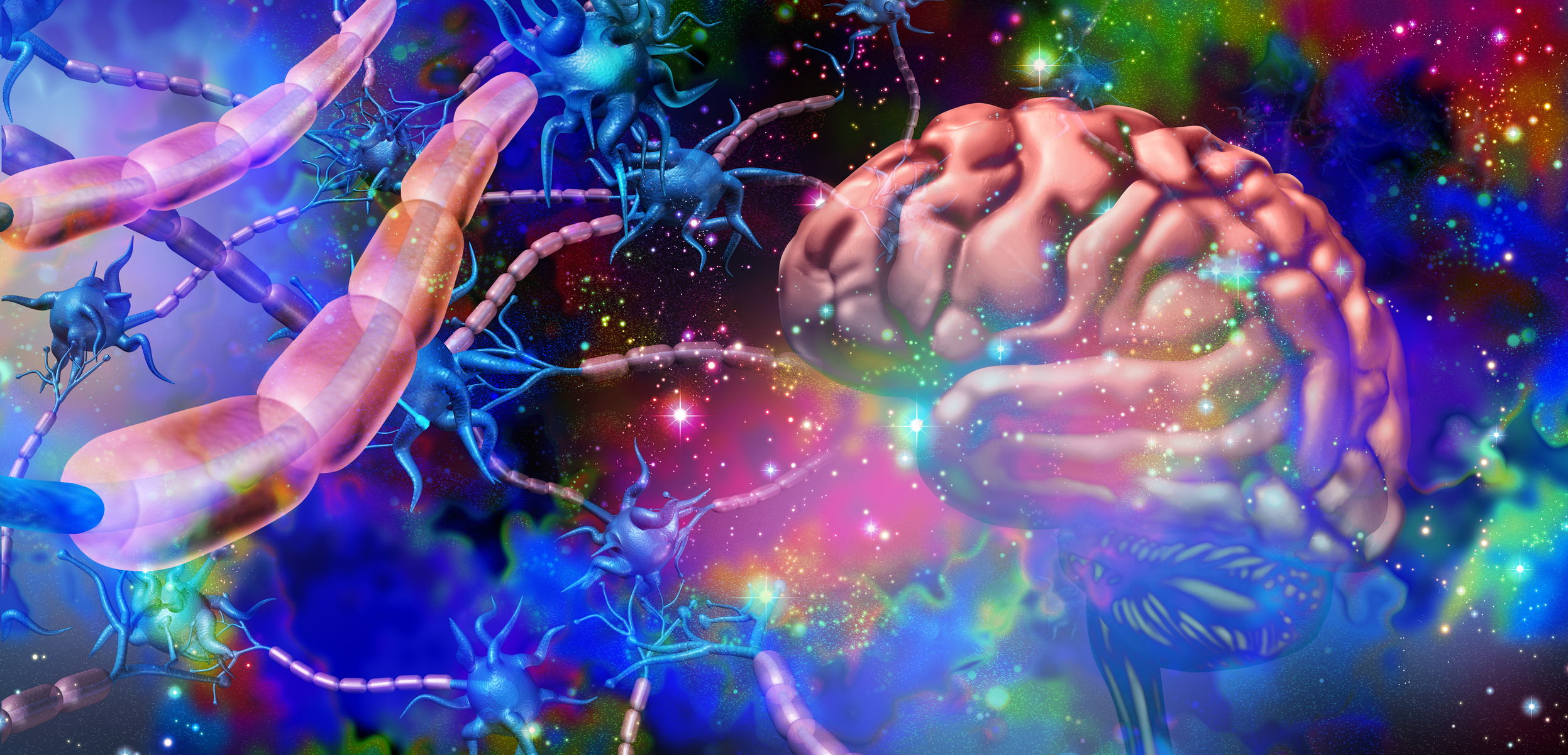Sirtuins are the class III of histone deacetylases that depend on nicotinamide adenine dinucleotide for their activity. Sirtuins can influence the progression of neurodegenerative disorders by switching between deacetylation and acetylation processes. Histone acetylation occurs when acetyl groups are added to lysine residues on the N-terminal part of histone proteins. Deacetylation, on the other hand, results in the removal of acetyl groups. Pharmacological modulation of sirtuin activity has been shown to influence various neurodegenerative disorders including Alzheimer’s disease, Parkinson’s disease, Huntington’s disease, stroke, and amyotrophic lateral sclerosis. In this review, mechanistic perspective of sirtuins has been discussed in anti-inflammatory, antiapoptotic, and neuroprotective effects in various disorders. We have discussed the structure, neurobiology, and physiology of sirtuins in neurodegenerative disease. Recent preclinical and clinical studies and their outcome have also been elucidated. The aim of this review is to fill in the gaps in our understanding of sirtuins’ role in histone acetylation and deacetylation in all neurodegenerative diseases. Here, we emphasized on reviewing all the studies carried out in various labs depicting the role of sirtuin modulators in neuroprotection and highlighted the ideas that can be considered for future perspectives. Taken together, sirtuins may serve as a promising therapeutic target for the treatment of neurodegenerative disorders.
Sirtuin Acetylation and Deacetylation: a Complex Paradigm in Neurodegenerative Disease.


